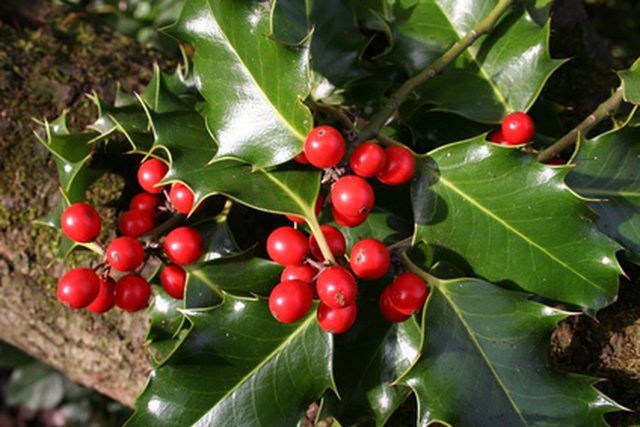Bulbs
Flower Basics
Flower Beds & Specialty Gardens
Flower Garden
Garden Furniture
Garden Gnomes
Garden Seeds
Garden Sheds
Garden Statues
Garden Tools & Supplies
Gardening Basics
Green & Organic
Groundcovers & Vines
Growing Annuals
Growing Basil
Growing Beans
Growing Berries
Growing Blueberries
Growing Cactus
Growing Corn
Growing Cotton
Growing Edibles
Growing Flowers
Growing Garlic
Growing Grapes
Growing Grass
Growing Herbs
Growing Jasmine
Growing Mint
Growing Mushrooms
Orchids
Growing Peanuts
Growing Perennials
Growing Plants
Growing Rosemary
Growing Roses
Growing Strawberries
Growing Sunflowers
Growing Thyme
Growing Tomatoes
Growing Tulips
Growing Vegetables
Herb Basics
Herb Garden
Indoor Growing
Landscaping Basics
Landscaping Patios
Landscaping Plants
Landscaping Shrubs
Landscaping Trees
Landscaping Walks & Pathways
Lawn Basics
Lawn Maintenance
Lawn Mowers
Lawn Ornaments
Lawn Planting
Lawn Tools
Outdoor Growing
Overall Landscape Planning
Pests, Weeds & Problems
Plant Basics
Rock Garden
Rose Garden
Shrubs
Soil
Specialty Gardens
Trees
Vegetable Garden
Yard Maintenance
Holly Bushes & Deer
Holly Bushes & Deer. The need for a permanent solution to “the deer problem” usually begins when people wander out into their yard to discover that these garden trespassers have mowed down some beloved shrubs. Browsers rather than grazers like sheep and horses, deer are happy to sample whatever looks, smells and tastes good....

The need for a permanent solution to "the deer problem" usually begins when people wander out into their yard to discover that these garden trespassers have mowed down some beloved shrubs. Browsers rather than grazers like sheep and horses, deer are happy to sample whatever looks, smells and tastes good. Unfortunately, there isnít a permanent solution. "Deer-proof" plants donít exist, and even deer-resistant ones can disappoint. Holly, though, is a good garden choice for deterring deer.
Misconceptions
Itís just not possible to make a landscape deer-proof . Deer will eat anything, even toxic plants, if theyíre hungry enough. Still, you can successfully develop a deer-resistant landscape by growing plants they donít like. Deer generally dislike aromatic or pungent plants, including those that have milky sap or have a bitter taste. They avoid plants with sharp thorns and spines or prickly, fuzzy or woolly leaves. Deer develop local and regional preferences, sometimes contrary to deer-resistant plant lists.
Deer-Resistant Landscapes
Landscaping will stand up to deer better over time if you develop an overall deer management strategy. Provide sumptuous deer browse--plants deer love--at the outer edge of your property, for example, then landscape with deer-resistant shrubs and other plants. Protect vulnerable garden areas closer to the house with deer fencing or deer-resistant hedges--an excellent use for holly--and use deer repellents for extra discouragement.
Effective Hollies
Hollies, both tree and shrub varieties, are frequently included on deer-resistant plant lists. But some hollies resist deer better than others. Very effective. according to Rutgers University, is American holly or Ilex opaca, a native plant grown both as an evergreen shrub and as a tree that can reach 50 feet in height. Also top-rated for deterring deer are the two "Morris" hollies--John T. Morris and Lydia Morris, tall shrubs named after the benefactors of the Morris Arboretum in Philadelphia.
Less Effective Hollies
Rated less highly by Rutgers University but still "seldom severely damaged" by deer are various popular shrub-type hollies: Chinese holly, English holly, Inkberry and Winterberry holly. Hollies that are "sometimes severely damaged" and not as well-suited to deter deer are Blue holly, Japanese holly and Pernyi holly.
Using Holly
Hollies can tolerate some shade, but plant them in full sun for the best berry production. American holly and the John T, Morris and Lydia Morris hollies can be grown and pruned as attractive evergreen hedges--very tall hedges, if desired--or used in the landscape as small trees or specimen shrubs. Plant male and female American hollies if you fancy the red, berry-like fall fruit that birds love, and plant both Morrises for the same reason. Hollies are dioecious, meaning that plants are either male or female, and you need both for berry production.